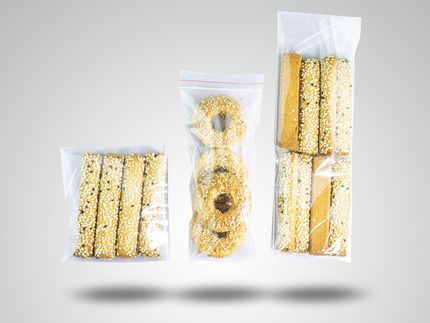Strict limits for aromatic petroleum hydrocarbons (MOAH) approaching
Nutriswiss edible oils already exceed the future purity standard
Advertisement
Through its own sourcing and innovative processes, Nutriswiss, the Swiss market leader for specialty and organic edible oils, already manages to process contaminated oils into a safe food product. Nutriswiss laboratory analyses show MOAH levels close to the detection limit after refining. Following alarming Foodwatch investigation results1 , the EU Committee on Plants, Animals, Food and Feed had defined at which level food should be withdrawn from the market. The orientation values are expected to be converted into applicable limit values by the member states from 2023.
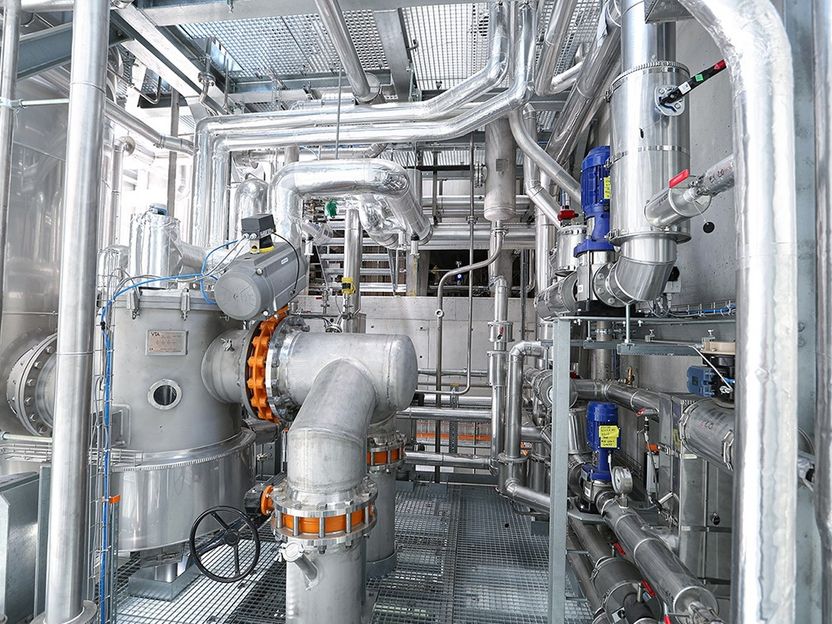
Nutriswiss
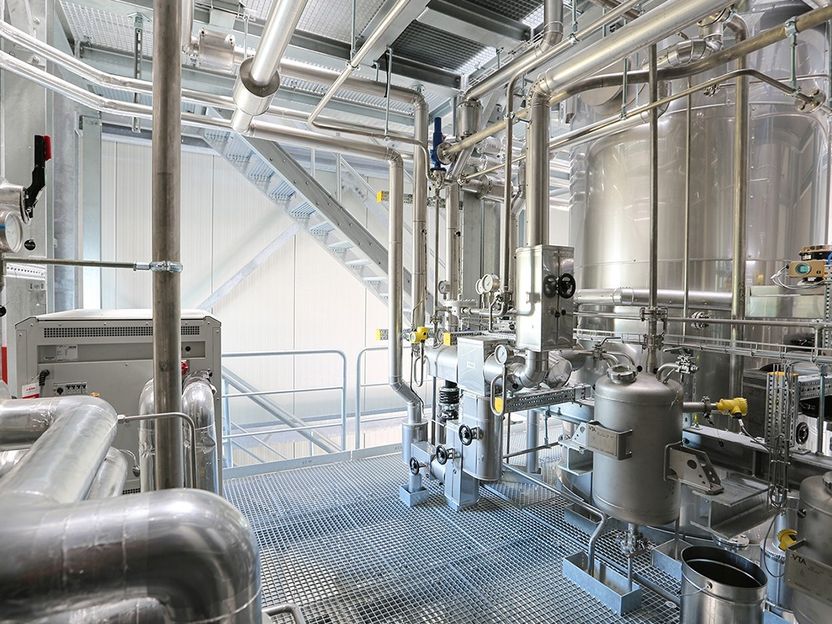
Nutriswiss
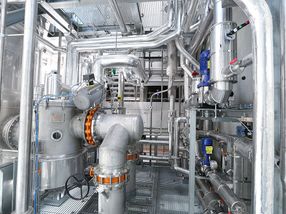
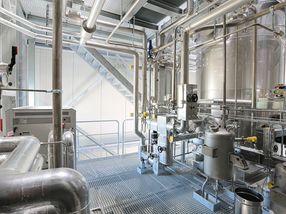
For oils and fats, the EU committee specifies a MOAH guideline value of a maximum of 2 mg/kg.
In addition, it sets a guidance value of 0.5 mg/kg MOAH for dry foods with a low fat/oil content (up to 4%) and up to 1 mg/kg MOAH for foods with a higher fat/oil content (more than 4%).2 Several scientific studies indicate that aromatic mineral oils are potentially carcinogenic and mutagenic. 3,4
MOAH in edible oils such as canola oil or palm oil can have different causes, for example tire abrasion, exhaust fumes or machine oil. In the Nutriswiss laboratory, a comprehensive key figure profile is created for each oil before, during and after processing. This clearly shows that the material from our own sourcing is significantly less contaminated on arrival at the plant than standard market goods, which is also reflected in the MOAH values. In terms of supply chain management, Nutriswiss relies on long-term contractual partners, logistics in ISO containers according to food grade standards, and its own controls to ensure the highest raw material quality.
Gentle refining
For the removal of MOAH, Nutriswiss does not use time- and temperature-intensive processes. Instead, the experts rely on physical treatment using modern distillation technology followed by mild deodorization. In this way, the formation of process contaminants is reduced, while MOSH/MOAH, pesticides, polycyclic hydrocarbons (PAH) and plasticizers such as DEHP are significantly reduced. Michel Burla, CEO of Nutriswiss, says: "A fixed limit value for MOAH is long overdue, because contaminants have no place in any food. The EU guideline values now provide the political framework that we have already voluntarily undercut out of conviction. Regardless of the new regulations, we take our responsibility very seriously - oils and fats that leave our plant are safe food."
Note: This article has been translated using a computer system without human intervention. LUMITOS offers these automatic translations to present a wider range of current news. Since this article has been translated with automatic translation, it is possible that it contains errors in vocabulary, syntax or grammar. The original article in German can be found here.



